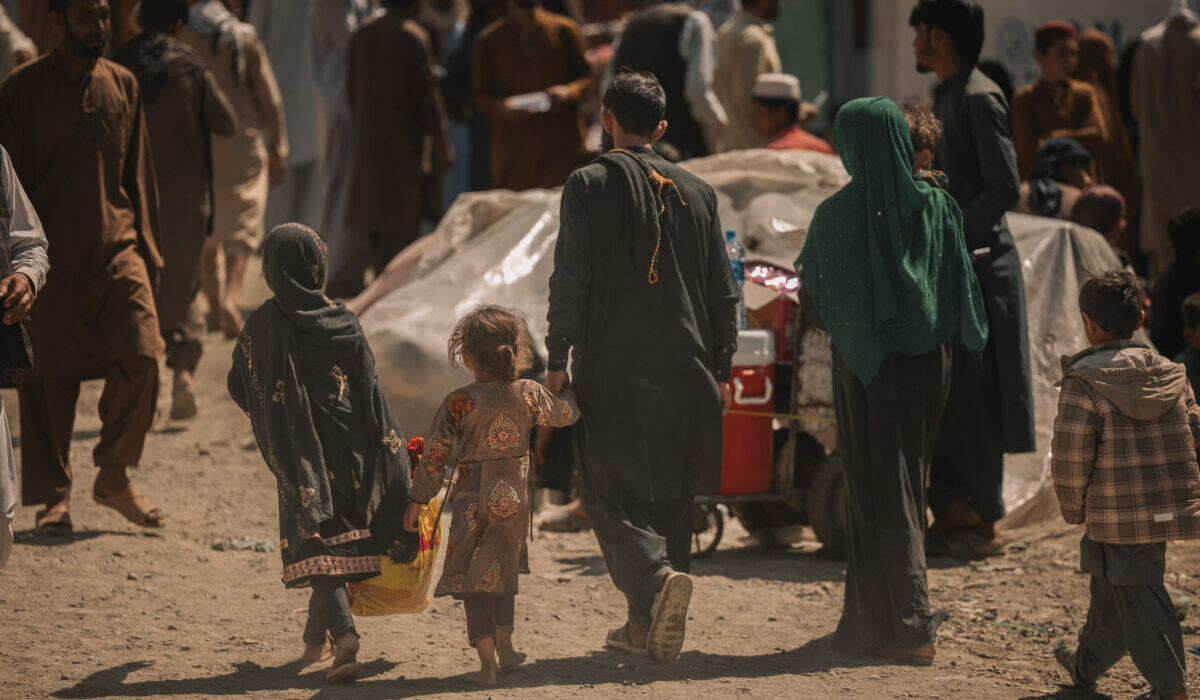Figures by the Taliban-run refugees ministry show that 775 families were deported from Iran and Pakistan on Thursday, June 5, as regional the mass expulsion of undocumented migrants continue, even ahead of the Eid al-Adha holiday.
The figures show that 715 families were expelled from Iran and 60 from Pakistan.
Border data showed that 42 families re-entered the country through the Torkham crossing in Nangarhar Province, while 18 crossed from Pakistan through Spin Boldak in Kandahar. From Iran, 592 families entered via Islam Qala in Herat, and another 123 were returned through the Milak border at Pul-e-Abrisham in Nimruz Province.
The International Organization for Migration (IOM) reported that Iran forcibly deported 15,675 Afghan families during the month of May alone. The agency described the current wave of deportations as unprecedented in scope since the beginning of 2025.
The latest expulsions come amid heightened economic and humanitarian challenges inside Afghanistan, where returnees often face deteriorating conditions and limited support.
In a recent report, the United Nations High Commissioner for Refugees (UNHCR) warned that systemic inequalities and a lack of income-generating opportunities have made reintegration especially difficult for returnees. Only 14 percent of deported families reportedly have access to educational services, compared with the broader Afghan population.
The UN agency also noted that worsening economic conditions and fragile social systems are significant barriers to accessing basic services, such as housing, healthcare and employment, for many of the recently returned families.
The deportations from Iran and Pakistan have accelerated in recent months, driven in part by political tensions, domestic pressures, and growing anti-immigrant sentiment in both countries. Human rights organizations have called for a halt to the forced returns, citing concerns about protection, legal status, and humanitarian obligations under international law.





